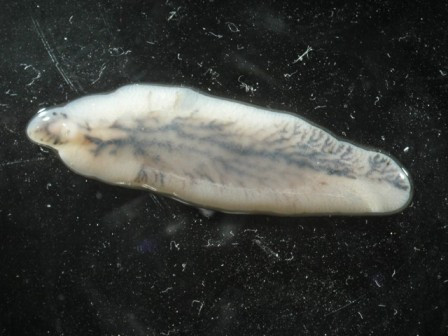Traditional Thai dish can give you cancer

A traditional dish from north-east Thailand, made from raw fish, has been found to be behind a high incidence of liver cancer in the area.
The spicy uncooked fish salad is the most popular raw fish in Isan, the largest region in Thailand is located on the Khorat Plateau.
Doctors are now trying to educate people by promoting healthy eating habits and to avoid uncooked fish.
The small fish, which is often caught in rivers or lakes is used in a pungent dish called koi plaa. It is chopped up finely, and mixed by hand with local herbs, lime juice and live red ants, and served up raw.
Dr Banchob Sripa at the Tropical Disease Research Laboratory in Khon Kaen University is the man largely responsible for this effort.
In an interview with the BBC he said: "We have been studying this link in our labs for over 30 years", he said.
"We found that the liver fluke can make a chemical that stimulates a host immune response – inflammation – and after many years, this becomes chronic inflammation, which then becomes cancer."
In some communities up to 80% of people were infected by the dangerous fluke, some as young as four years old, but the cancer has rarely developed in before people before they reach 50. The cancer is untreatable and the only effective remedy is prevention.
In a bid to fight against the lethal disease, a serious effort has been made to change people's eating and cooking habits by cooking koi plaa to kill the flukes before they eat it.
Dr Banchob and his team are running a community-based health education programme in the villages along the great wetland, known as Lawa Lake, south of Khon Kaen, where liver fluke infection rates are highest.
Targeting the younger generation is essential, as there is very little hope for adults who are hooked on the taste of raw fish.
© Copyright IBTimes 2025. All rights reserved.





















